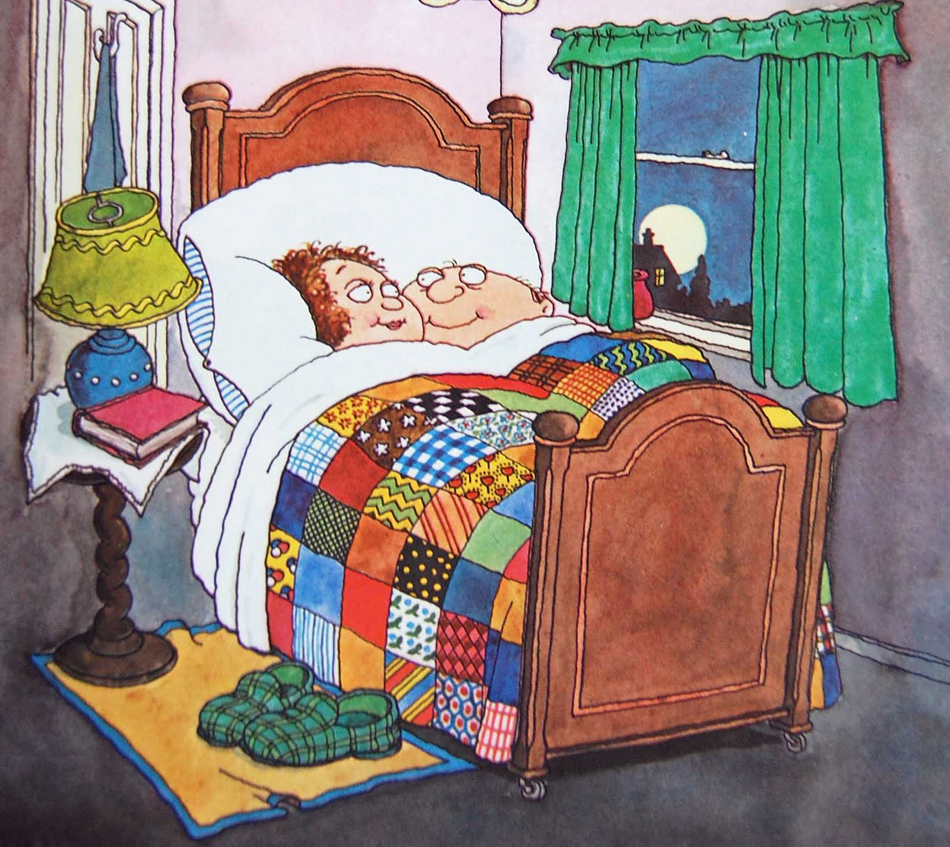 This is another post in our series of guest posts on learning about sex within different religious contexts. Here’s a link to our guest post invitation.
This is another post in our series of guest posts on learning about sex within different religious contexts. Here’s a link to our guest post invitation.
Some people are embarrassed to talk about sex, but that’s not my family. Sure, we deflect on some things, make jokes about others, and have our own skeletons– who doesn’t?
My path was probably very different than most. Beginning at age 6, we read Where Did I Come From?, a low-fluff introduction to sex and gender, as a family. A year or so later, we read What’s Happening To Me?, a similarly low-fluff discussion of puberty. While having mostly illustrations, there are some photos of what nude men and women look like. I knew it was always there in the bookshelf, and I looked at it a few more times over the years.
When I was 11 (1981), the parents in our Methodist church got together and had a sex education class. In addition to anatomy and physiology, they passed around contraceptives and sex toys to examine. It’s surprising how fast the nervous tittering stops and curiosity starts. That was mind-blowing enough for my young brain, but they went one step further to talk about the emotional and psychological aspects. We could ask any question and it would get answered. It was exciting and freeing to not have taboos connected to questioning. We asked outlandish questions of our small group adult, and he would answer them rather matter of fact. Sometimes, he would preface with, “do you really want to know, because you won’t be able to un-know it.” He also related his clumsy early experiences and how much emotion plays a part. I never had a chance to say this to you with conviction, but thanks Carl.
After church one day, a friend asked what she should do because her son had asked for a Playboy magazine for his birthday. I recommended that she should absolutely buy it for him. I also recommended that she sit down with him and look at it, asking “who’s daughter is this?” and “where do you think she grew up?” I think objectifying people is what leads to taboo and stands in the way of sex education. If you confront the objectification, much of the taboo falls away.
Churches don’t want sex education taught in schools. Parents generally don’t teach sex education to their children, leaving it to magazines, movies, and the internet. Imagine insisting your church teach sex education– not the abstinence-only tripe –but real, honest, and loving. I’m not sure any church in our little town is prepared to do that.
My daughter is 6, and we have read It’s Not The Stork and It’s So Amazing, a similar introduction to sex and gender to what I had. I want to create an environment where she can ask questions, and I vow to honestly answer them. When those questions would lead to her discomfort (or therapy for her later) if they were to be asked of me, I want her to have a responsible adult available and willing to help her grow.
What I really want is for her to know her body is the most amazing and wonderful thing she will ever own. I want her to know she is beautiful, no matter what anyone else says. I want her to live a life she can be proud of. If she doesn’t, I want her to know she has the strength to change.
–Daaron
[Last post in the Teaching Sex guest post series: Sex Talk (Somewhat) Misremembered]
;

Teaching sex ed—with contraceptives and sex toys–to 11 year olds in Primary would take care of the boredom most kids complain about. Probably nobody would be hiding in the parking lot.
I LOVE the idea of saying, “Whose daughter is this?”, “where did she grow up?” instead of reacting with knee-jerk shame. So awesome.
Ha, that image brought back memories from my childhood of reading similar books. My mom did a good job of being frank about sex- almost too good. 6 year olds shouldn’t know the word “urethra”.)
I also love the idea of using a playboy as a learning opportunity rather than treating it like forbidden fruit!